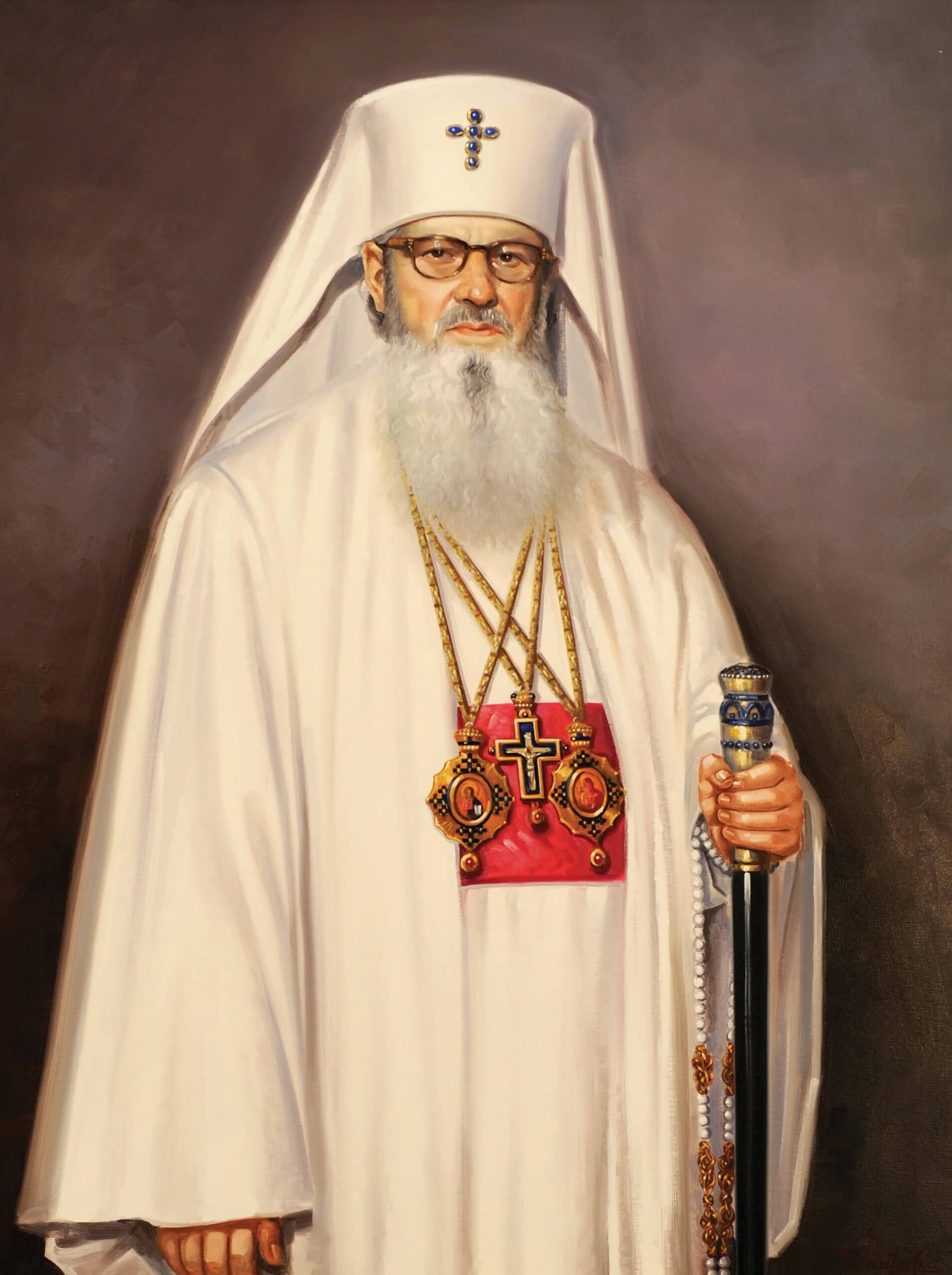The Patriarchs of Romania
Patriarch Iustin Moisescu
His Beatitude Patriarch Justin, both as a teacher and patriarch, was a representative figure of Romanian Orthodoxy on the international scene. For example, when he was in Greece on an official visit he was received with the protocol of a head of state. Greece had a great respect for Hierarch Iustin Moisescu, not only because he studied in Greece and completed a brilliant doctorate on Evagrius Ponticus, but also because he spoke the universal Greek language καθαρεύουσα so well that some Greeks said: he speaks καθαρεύουσα better than we do!

Life and work
He was born on March 5, 1910, in the village of Cândeşti, Argeş County. He was baptized Ioan. He became an orphan at a young age, his father having sacrificed his life in the War for the Unification of the Country. He enrolled at the War Orphans’ Seminary in Câmpulung Muscel (1922-1930), graduating as a top student. Patriarch Miron Cristea selected him from among the graduates of all the seminaries in 1930 and sent him with a scholarship to the Faculty of Theology in Athens, which he graduated in magna cum laude in 1934. He then specialized at the Faculty of Catholic Theology in Strasbourg and later returned to Athens, where he defended his doctoral thesis titled “Evagrius of Pontus: Life, Writings, and Teachings” in 1937, which was awarded by the Academy of Sciences in Athens. He taught Latin at the “Nifon” Seminary in Bucharest (1937-1938), New Testament studies at the Orthodox Faculty of Theology at the University of Warsaw (1938-1939), and later became a full professor (1942) of New Testament Exegesis at the Faculty of Theology in Cernăuți (Suceava), transferring in 1946 to the same position at the Faculty of Theology in Bucharest. He was ordained as a celibate priest in 1956. That same year, he was elected Archbishop of Sibiu and Metropolitan of Transylvania, being enthroned on March 18. On January 10, 1957, he was elected Archbishop of Iaşi and Metropolitan of Moldavia and Suceava (enthroned on January 13), where he shepherded for 20 years.
On June 12, 1977, he was elected Archbishop of Bucharest, Metropolitan of Ungrovlahia, and Patriarch of the Romanian Orthodox Church (enthroned on June 19, 1977), shepherding until his death on July 31, 1986. In the cultural realm, he initiated Părinți și Scriitori Bisericești (PSB) (Fathers and Church Writers) collection, the Artă Creștină în Romania (Christian Art in Romania) collection (6 volumes), and continued the publication of the Philokalia, translated by Father Dumitru Stăniloae. Additionally, a new synodal edition of the Holy Scriptures was printed (1982). He began efforts to build the new buildings of the Church Objects Workshops in Popești-Leordeni. Throughout his activity, he was a strong supporter of inter-church dialogue, making several visits to the Ecumenical Patriarchate (1978), the Romanian Orthodox Missionary Archdiocese in the United States and Canada (1979), the Russian Orthodox Church (1980), the Serbian Orthodox Church (1981), the Lutheran Church of Sweden (1981), and the Ecumenical Council of Churches in Geneva (1981).
Works
Eulogy
His Beatitude Daniel,
Patriarch of the Romanian Orthodox Church